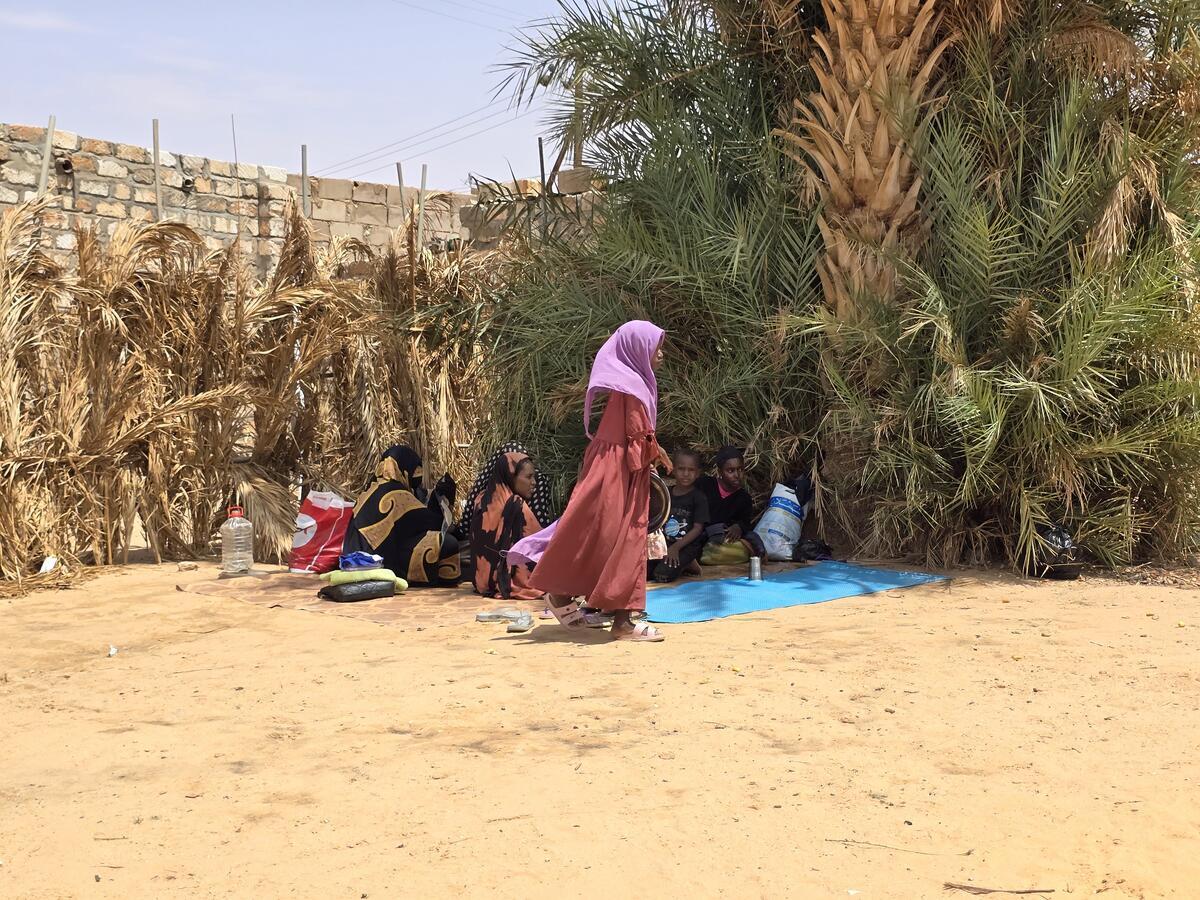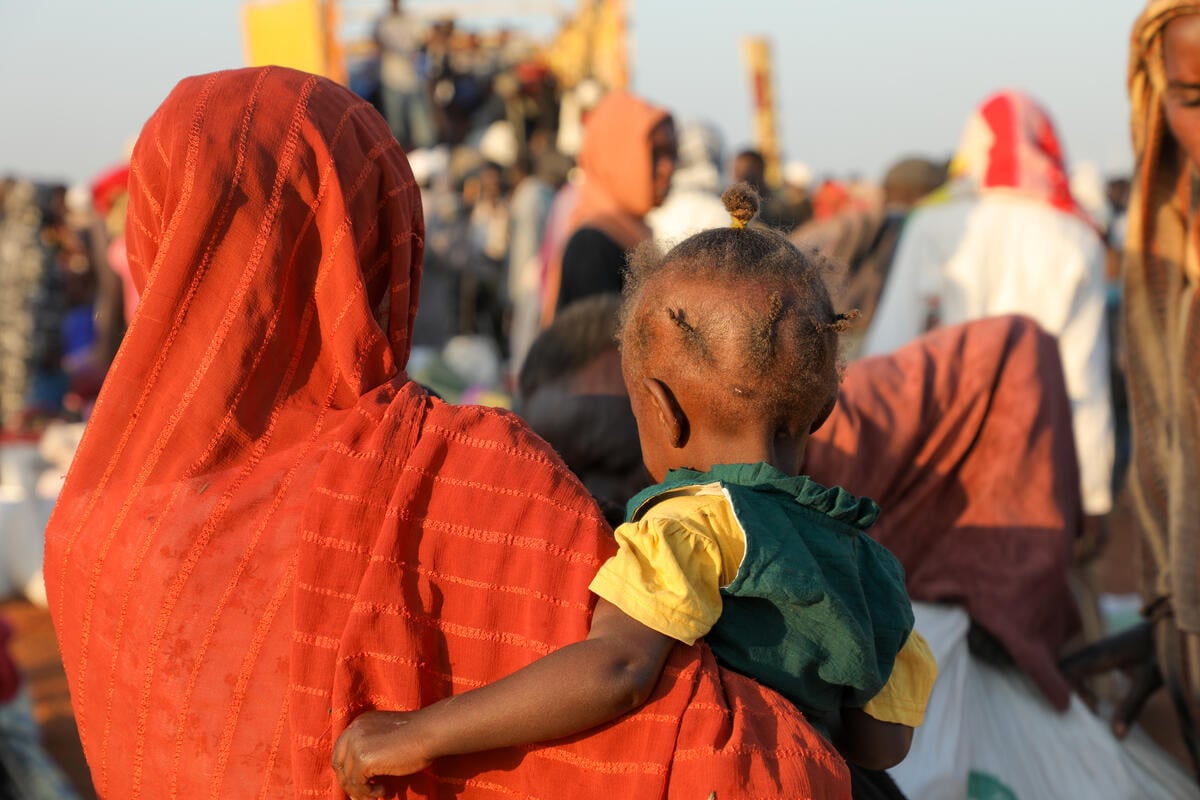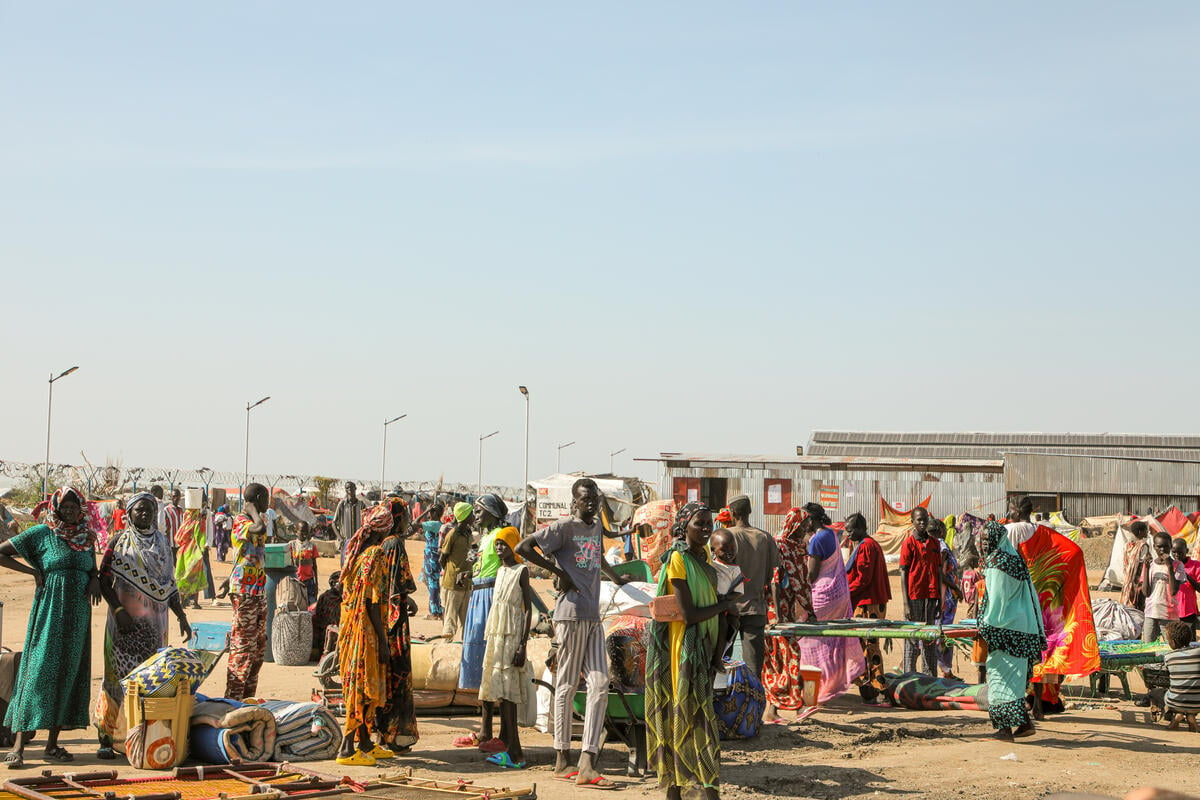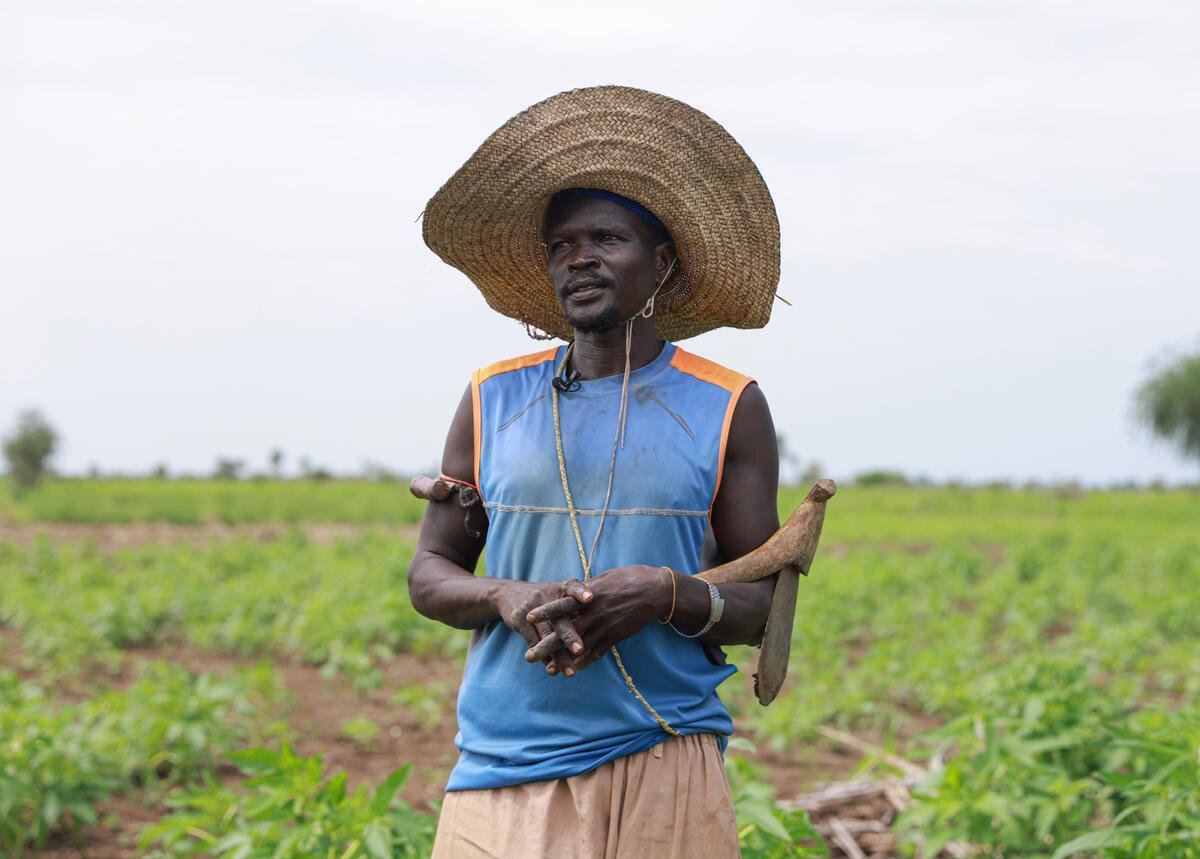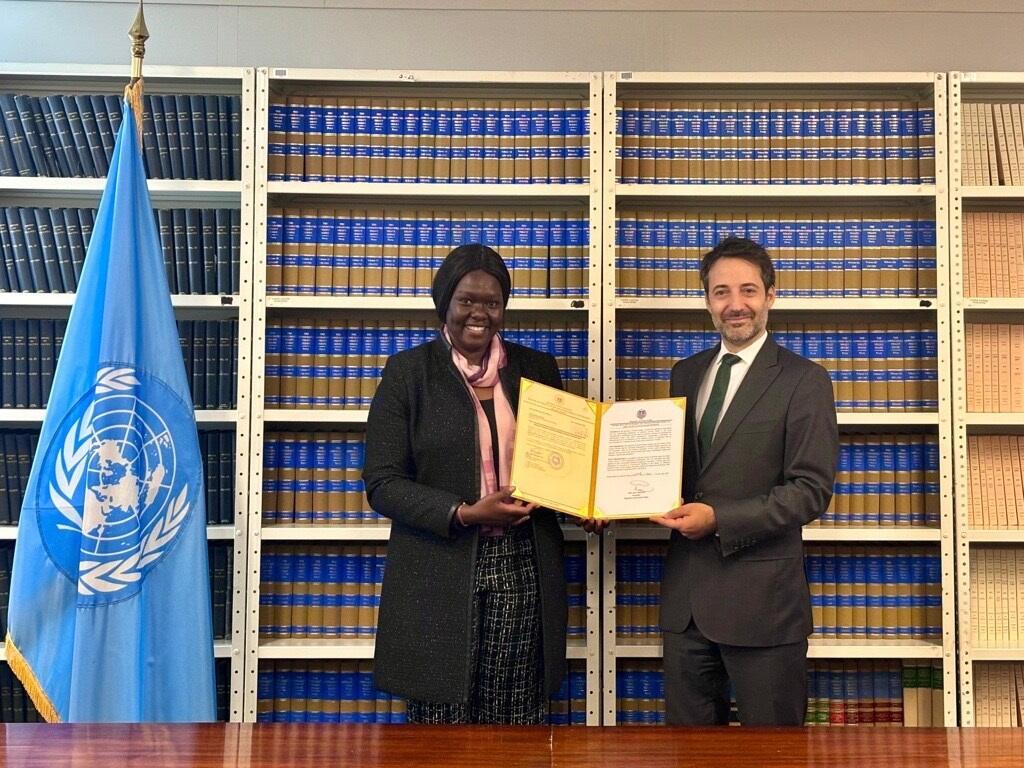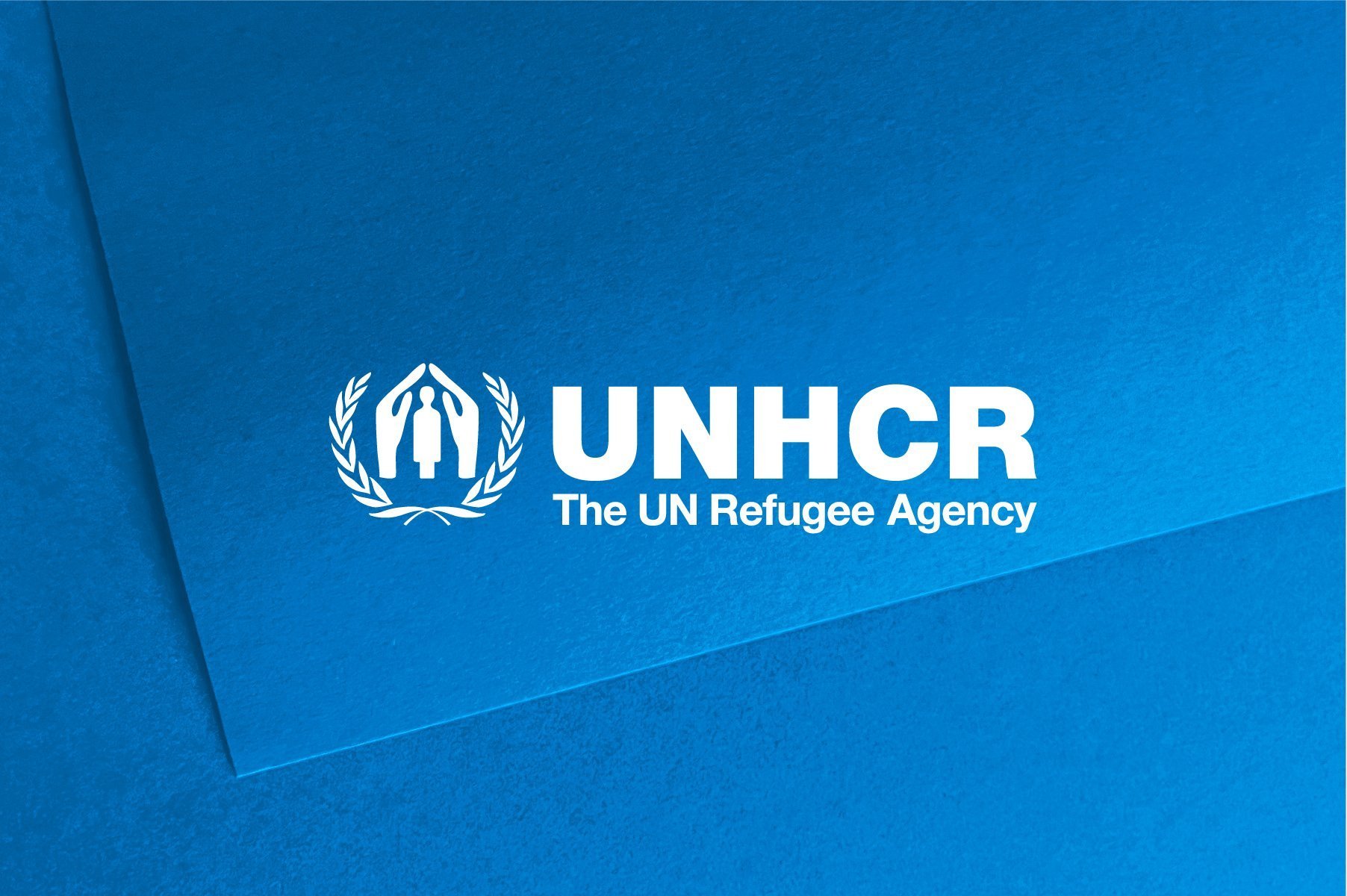Five years into southern Sudan conflict, refugees still flee
Five years into southern Sudan conflict, refugees still flee

GENEVA, June 3 (UNHCR) – After five years of war in southern Sudan, thousands of refugees are continuing to flee, placing further pressure on already strained resources in neighbouring South Sudan, the UN Refugee Agency said today.
June 5 marks the 5th anniversary of the conflict in Sudan’s South Kordofan state. So far in 2016, more than 7,500 refugees from the region have arrived in Yida in South Sudan’s northern Unity area.
In May alone, nearly 3,000 people reached the area, which is already home to some 70,000 refugees. With the conflict in Sudan intensifying, thousands more are expected in the coming weeks.
The refugees are mainly from Heiban, Um Doreein and Al Boram counties, in South Kordofan’s Nuba Mountains. They spoke of escalating violence, including ground attacks and aerial bombardments there.
Refugees spoke of escalating violence, including ground attacks and aerial bombardments there.
“The recent arrivals also cite lack of food and no access to schools for children as reasons for leaving, especially in and around Um Doreein. Most people are arriving by truck while others come on foot or by bicycle, traveling up to seven days,” UNHCR spokesperson Adrian Edwards told a news briefing in Geneva on Friday (June 3).
Refugees who arrived in the past week say the conflict has recently shifted to the north-east part of South Kordofan, with some people trapped in conflict areas and unable to escape. Nearly 90 per cent of new arrivals are women and children. One child in every ten is alone or without a family member.
“At the Yida transit centre, UNHCR and its partners are providing immediate assistance to the arrivals,” Edwards said. “This means a hot meal, water, a measles vaccination, a place to rest and other help. Refugees are registered to ensure that those at risk or with special needs are quickly identified and assisted.”
From Yida, refugees are transported after a few days by bus to Ajuong Thok, a camp established in 2013 to help ease some of the pressure from growing numbers of arrivals.
There they are provided with plastic sheeting and poles to build a temporary home. They also get cooking pots and pans, mosquito nets, blankets, sleeping mats and food. Children who are unaccompanied or separated from their families are reunited with their families or placed in foster care.
A solution to the conflict and an end to the suffering are needed more than ever.
With nearly 41,000 Sudanese refugees already living in Ajuong Thok, the camp has almost reached capacity (46,000 people). UNHCR and its partners have been expanding camp infrastructure to meet the needs of a growing population.
UNHCR has installed six additional water tanks, built hundreds of latrines, opened a new primary school and have begun constructing another one. A new camp is underway at Pamir, some 50 kilometres south of the border, to receive new arrivals and refugees who have been living in Yida for the past five years.
As the refugee influx continues, services are becoming overstretched. In the past four weeks, available water has dropped from 19 litres per person per day to 16. Schools have become extremely overcrowded with more than 100 students sharing the same classroom. With UNHCR’s operations in South Sudan funded at just 17 per cent, services and service quality are inevitably threatened.
Since the start of the war in the Nuba Mountains in 2011, nearly 250,000 Sudanese refugees have fled to South Sudan, mostly to Unity and Upper Nile. A solution to the conflict and an end to the suffering are needed more than ever. South Sudan is itself home to some 1.69 million internally displaced people.


